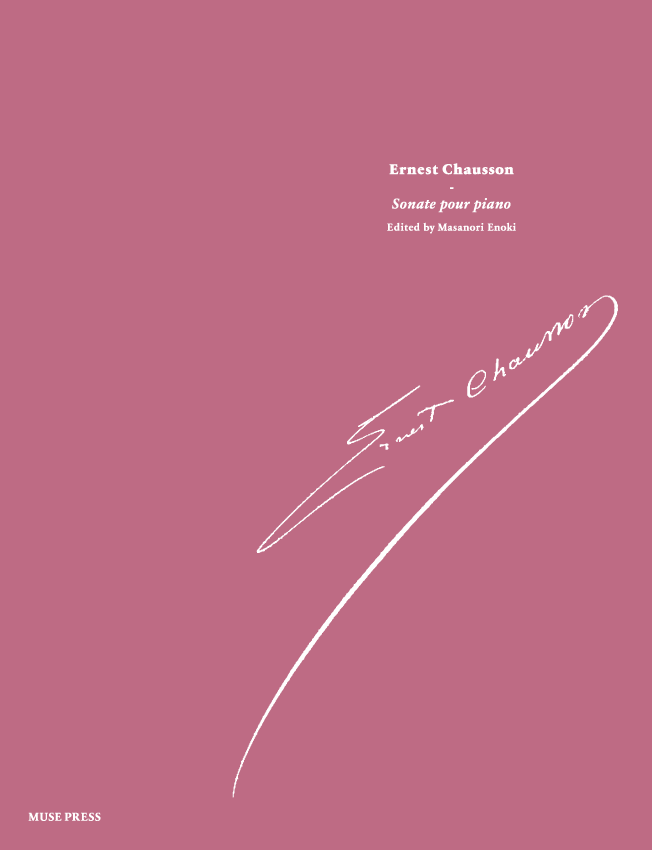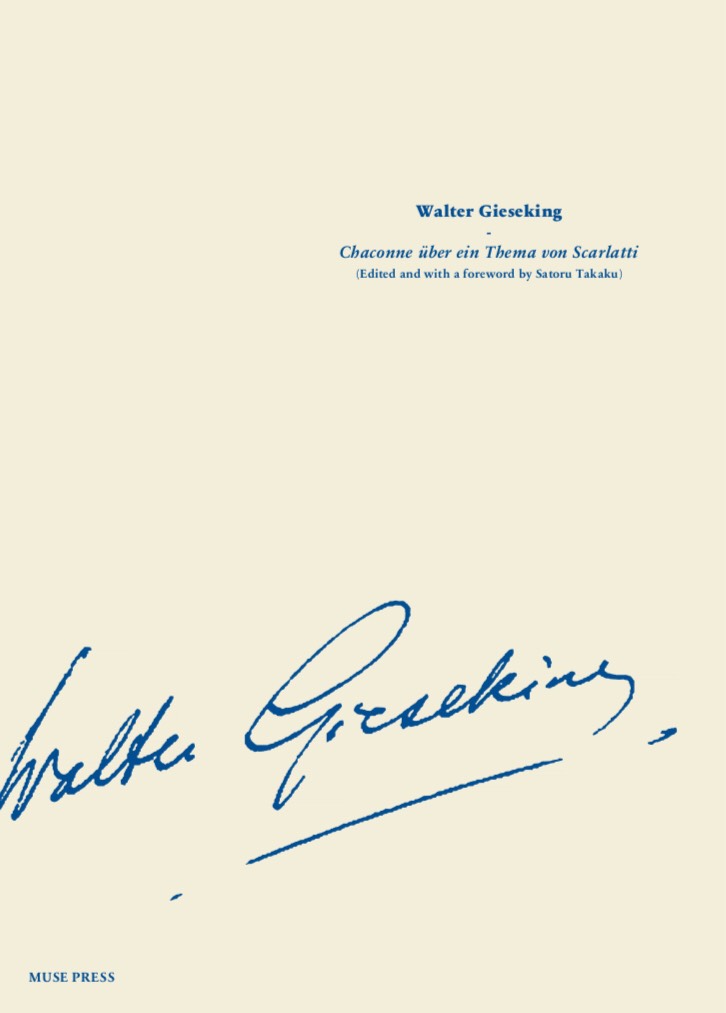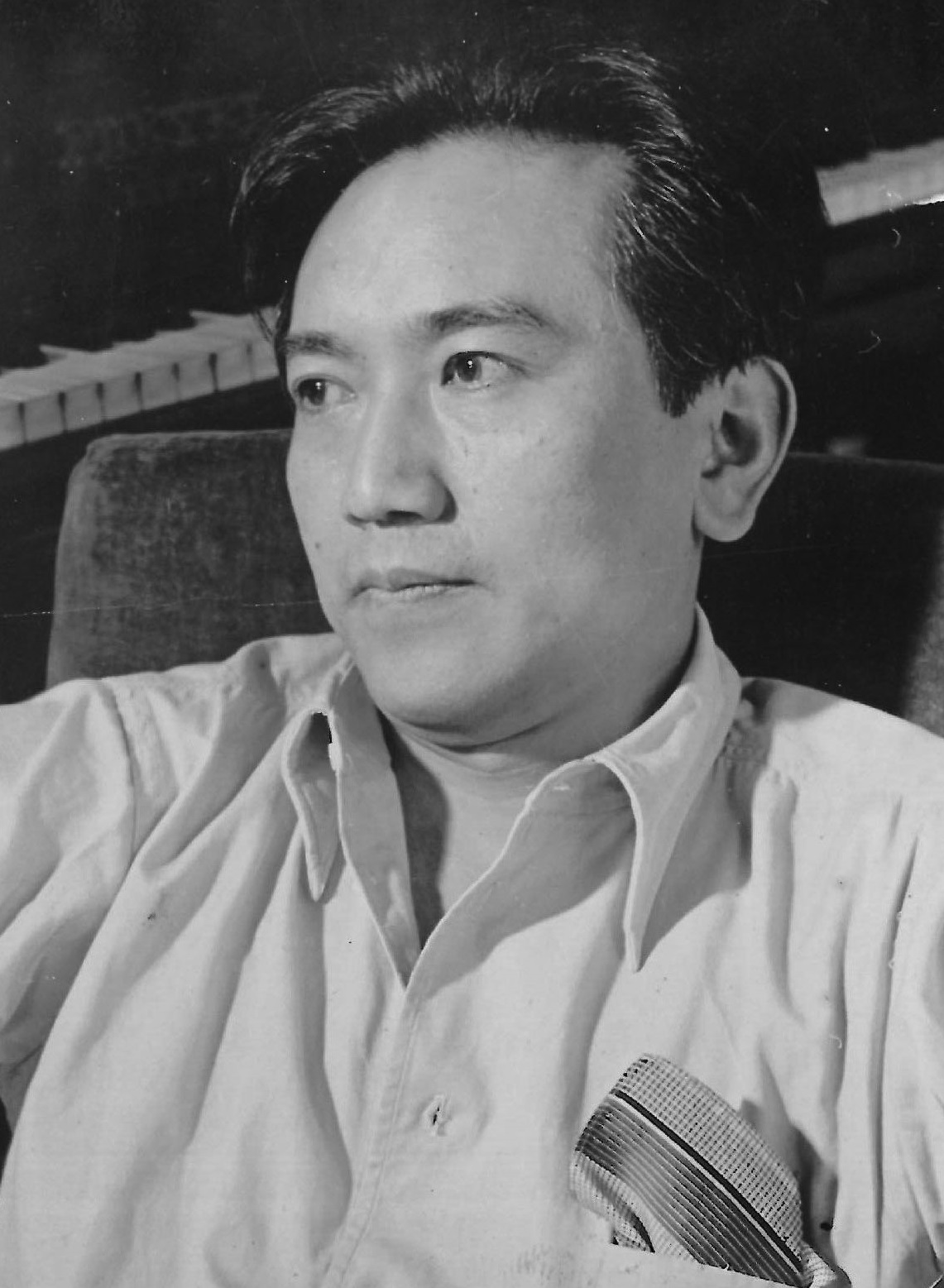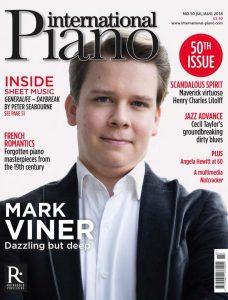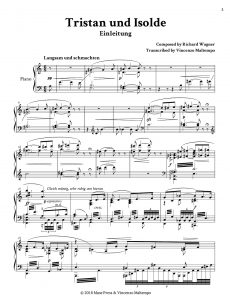Our new publication for February 2025 features three piano collections by Ronn Yedidia. 12 Preludes for Children (1994–1996) was composed during the early years of Yedidia’s career as an educator, following the founding of the New York Piano Academy. Written specifically for piano instruction, this collection introduces young students to expressive and technical fundamentals. Building upon the first set, 12 Preludes for the Young Pianist (2000) aims to cultivate a broader range of expression and musicianship. With a higher level of technical and interpretive demands, this collection challenges developing pianists to refine their artistry. 24 Preludes of Dusk & Dawn (2020–2021) is a set of advanced pieces composed during the COVID-19 crisis. Inspired by Chopin’s 24 Preludes, this work serves as both an homage and a deeply personal musical diary. Each piece is dedicated to a cherished individual or a composer who influenced Yedidia, resulting in a collection of strikingly diverse character and emotion.
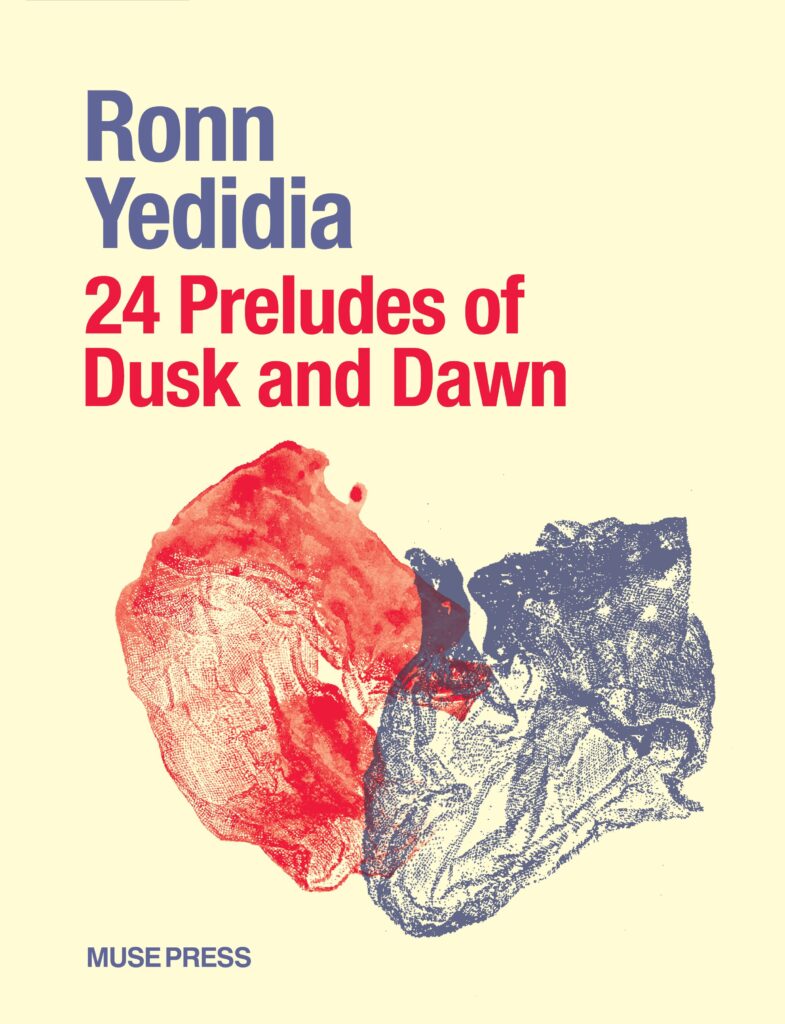
24 Preludes of Dusk & Dawn
Number of pages: 80
Preface: Ronn Yedidia
Format: 230 x 300 mm
ISMN979-0-707804-59-9
Plate Number: MP-00865
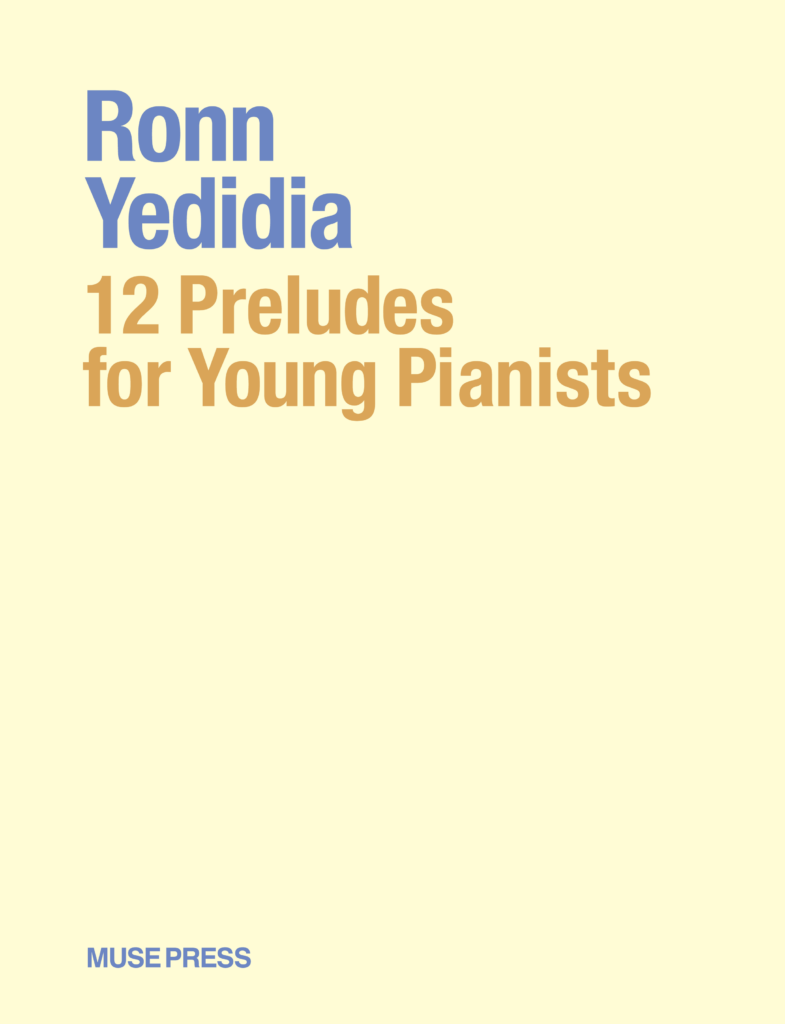
12 Preludes for Young Pianists
Number of pages: 32
Preface: Ronn Yedidia
Format: 230 x 300 mm
ISMN979-0-707804-57-5
Plate Number: MP-00852
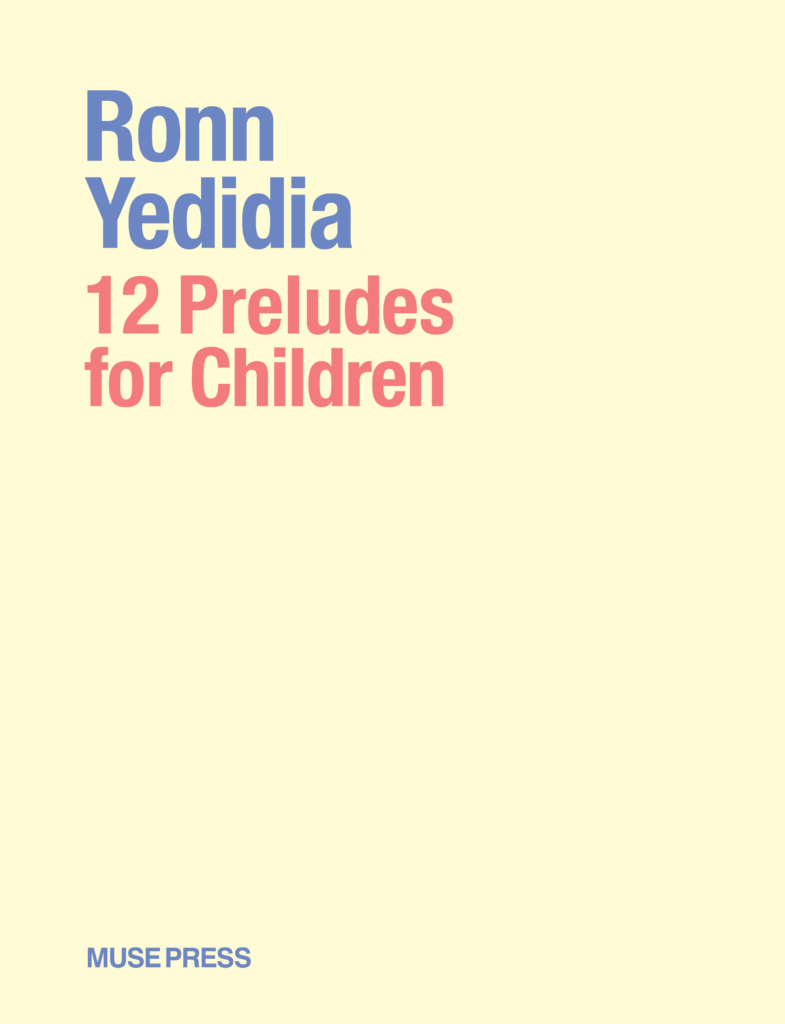
12 Preludes for Children
Number of pages: 24
Preface: Ronn Yedidia
Format: 230 x 300 mm
ISMN979-0-707804-58-2
Plate Number: MP-00833
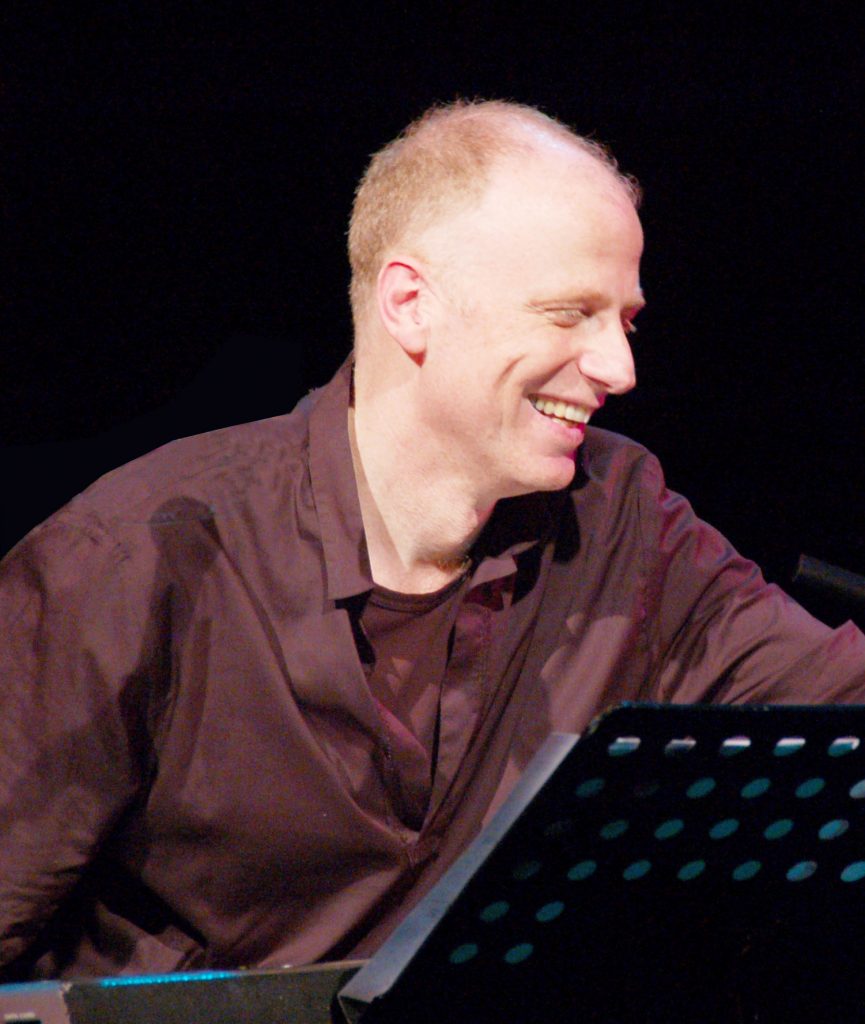
Ronn Yedidia’s compositions have galvanized the attention of performing artists worldwide during the last two decades. His works have been featured in major concert halls and documented on film, radio and television. He has won high critical acclaim from leading newspapers around the world, as both composer and pianist. Born in 1960 in Tel Aviv, Israel, he began his musical career as a child prodigy pianist, winning 1st Prize at the Young Concert Artists’ Competition of Israel at the age of eight. His main teacher and mentor was Israel’s first lady of the piano, Pnina Salzman, who herself was a protege of Alfred Cortot. Active as a performer for many years, Ronn decided at the age of 15 to shift his attention towards composition. In 1984 he entered the Juilliard School from which he holds a Doctor of Musical Arts Degree in composition. During his studies there under David Diamond and Milton Babbitt he received all the major prizes in composition, including the Lincoln Center Scholarship, the Irving Berlin Scholarship, the Henry Mancini Prize, and the Richard Rodgers Scholarship. He also won the Juilliard Composition Competition twice – in 1987 & 1989 – and as a result had his works performed at the Juilliard Theater and at Alice Tully Hall.
